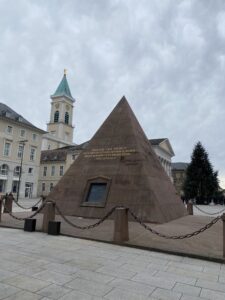Activity Reports
HOMEActivity ReportsReport for Overseas Joint Research
Report for Overseas Joint Research
2023.4.4
“Quantum Leader Human Resources (QLEAR)”Fellowship supports students who would like to have the overseas joint research for any quantum technology research organizations in abroad.
Please refer the report for the experiences of the overseas joint research 2022 and apply for the overseas joint research 2023.
report for the experiences of the overseas joint research 2022
Name :TERCERO JOMAR UNICO
Organization :KARLSRUHE INSTITUTE OF TECHNOLOGY
Country :Germany
Duration:JANUARY 7, 2023 – JANUARY 30, 2023
・What made you decide to do overseas joint research?
It has always been a fantastic experience discussing, listening to seminars, meeting other
students during conferences, and learning from the leading researchers in your field. When I
first learned about the opportunity to apply for the Overseas Joint Research, I did not hesitate
to apply, and I was fortunate to get accepted.
・What did you prepare for your trip through overseas joint research?
I did an intensive literature search to familiarize myself with the research problem, the
approach we want to use, and the expertise of the group I applied to join with.
・How did you feel when you actually conducted overseas joint research?
It felt great. I learned a lot from Prof. Wenzel, post-docs, and other Ph.D. students from the
group. I could also discuss other stuff, including the hardships and fun sides of being in our
field of expertise, which made me more interested since I know the challenges, I face have
been experienced by everyone.
・What was the fun and difficulty of research during overseas joint research?
Yes, I did. Conducting research has always been challenging, which makes it more interesting.
In the overseas joint research case, the main difficulty I faced was the time constraint. I only
had a month to stay in the research institution, so I needed to maximize everything to make
each meeting and discussion fruitful.
・How did you feel about relations with teachers and researchers?
The first week was primarily devoted to discussions. I maximized my 1st week of stay to discuss
with Prof. Wenzel, post-docs, and other Ph.D. students. They helped me formulate the
approach to how we can understand the problem. They gave insightful ideas and suggestions
on how we could understand the topic.
・How was your life during overseas joint research? How to arrange accommodation, living cost, how to spend vacations, etc.?
The place I stayed was nice and neat. The price was fantastic since it was the cheapest place
in the area. The location was perfect since it was just a few minutes walk to the city center,
where I could save my grocery, especially for Sundays. Sundays in Germany are like a holiday,
where mostly everything is closed. The city center is also nice since most of Karlsruheʼs
attractions are nearby. I spent some Sunday afternoons for strolls and sightseeing around the
city center and enjoying the architecture of their buildings.
・Is there anything changed such as the life, opinion, career plan after the overseas joint research?
I have learned a new approach to understanding the gas-surface interactions of periodic
systems. I have met new acquaintances with whom we can discuss our research, share
challenges, and devise ways to solve the problem, which is crucial to growing as a worthy
scientist.
・How has your experience in overseas joint research been useful after returning to Japan?
It would be of much use in continuing my research here in Japan. The discussions will
continue, and they said to contact them whenever I need comments or suggestions or have
problems with my calculations. They are always willing to help. Also, the learnings I acquired
with their group will significantly help me during my Ph.D. journey.
・How do you make use of your experience in overseas joint research in the future?
I will utilize the learnings I acquired by putting them into action. The time I spent at KIT
during the overseas joint research program was short but meaningful. I have learned a lot from
them and have had the opportunity to share my work and knowledge with other students.
・Please give some advice and messages for those who are considering overseas joint research.
Yes, I do have some. Firstly, always believe in yourself. Joining a new group could be
challenging. It is common to be nervous, but once you have connected with them, research
discussions could go smoothly, and sharing ideas wouldnʼt be as tricky as the first meeting.
Secondly, read many papers. It is essential to familiarize yourself with the works of the group
you want to join and the research methods they specialize in. Lastly, be vocal. It is common to
face difficulty in doing research. Donʼt be afraid to ask questions.



